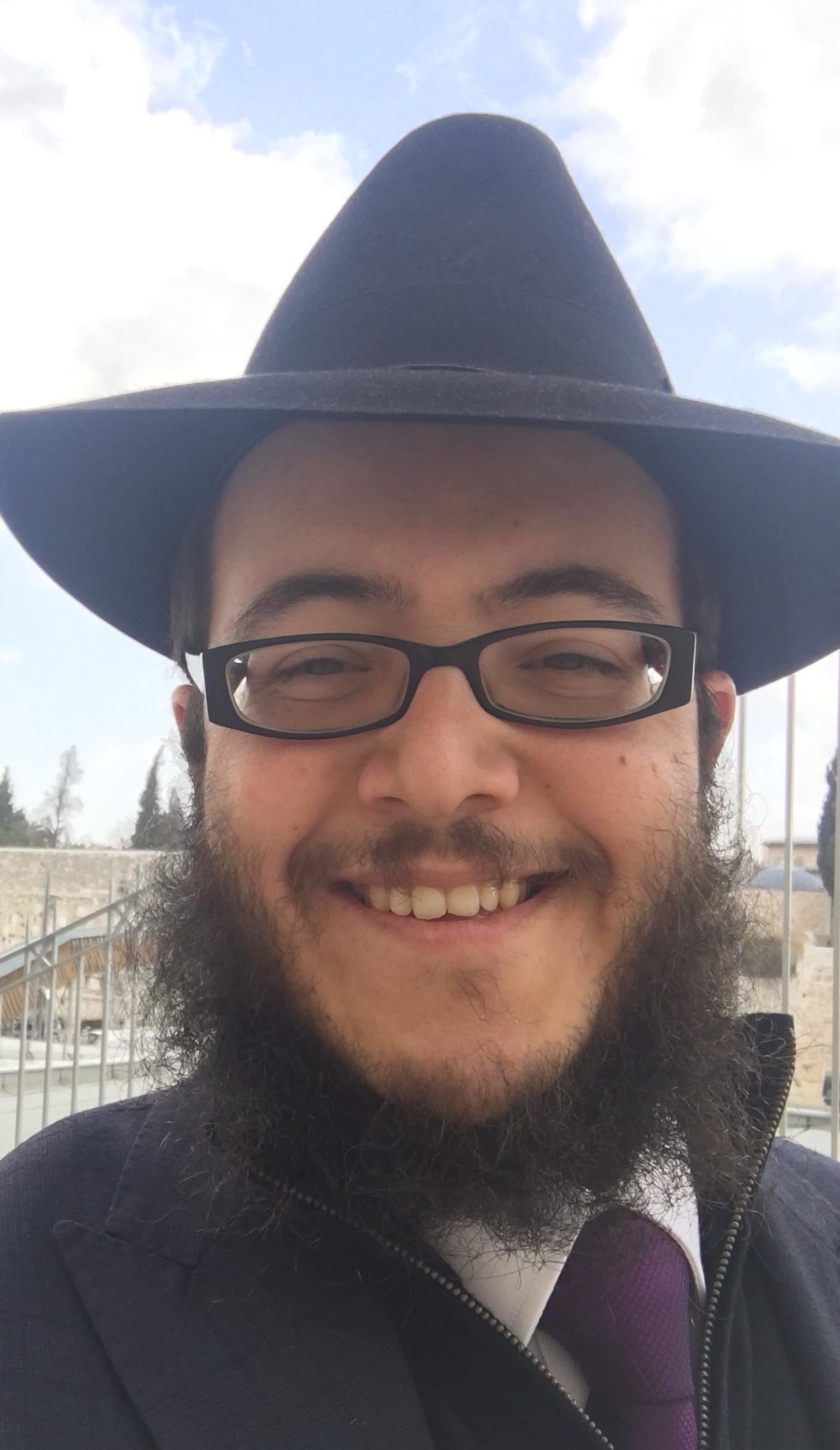
Our Torah is a Book of Commandments, yet SeferBeraishit, the longest of the Five Books, deals mostly with the history of our Matriarchs and Patriarchs. It is through their lives that we learn proper conduct, morals, and values. It is they who impart to us the road map for our lives. It is they who teach us how to deal with our many challenges and respond with strength to the ups and downs of life.
In this Parashah we encounter the very first funeral mentioned in the Torah, with the death of Sarah Imeinu. The sages tell us that Sarah died of grief upon hearing that AvrahamAvinu had actually sacrificed their only son, Itzchak. After sacrificing a ram at the site of the Akeida, AvrahamAvinu and Itzchak returned only to discover that their beloved Sarah was no longer alive. Sarah’s death was extremely painful to Avraham. In all such situations, so many thoughts could plague a mourner. Perhaps the death could have been prevented… perhaps something more could have been done… perhaps…. Nevertheless, we find that Avraham never resorted to this type of self-destructive speculation or grief. While he wept for his beloved wife, he did so with limitations. The Torah text testifies to this as the word “V’LIVkoTAH – to bewail her” is written with a small letter Kaf, teaching us that Avraham did not succumb to depression, but restrained his grief, mourned with dignity, and thus brought honour to the memory of his beloved wife.
Significantly, as soon as the time of mourning passed, Avraham resumed his responsibilities as a father and began the search for a bride for his son, Itzchak. The lesson to be drawn from this is obvious: no matter how trying and how sorrowful our lot may be, we must nevertheless pick ourselves up and continue to fulfil our life mission.
Ultimately, we have to understand that everything that occurs is in G-d’s Hands, so to speak. It is He who determines the number of the days of our lives. Even if there had been no Akeida, Sarah would have passed away on that very same day. To reinforce this teaching, the passage opens with “the lifetime of Sarah,” and concludes with “(these are) the years of Sara’s life,” emphasizing that our years are designated by G-d. We should never berate ourselves by second-guessing: “If I had called a different doctor….” “If we had gone to a different hospital……” “If I had been more alert…..” “If… if… if…” In fact half of the word life is the word IF! Know that there is a G-d above you. Do what is in your power, trust the One Above, and respond to the challenges of life with strength.
Two passages in the book of Breishit announce death, but, paradoxically, both convey death using the word “life.” We are informed of Sarah’s demise with the words “Chayei Sarah-the life of Sarah,” while the death of Yaacov is prefaced by the words, “VayechiYaacov-and Jacob lived,” to teach us that if people are truly righteous, even when they pass on, their legacy continues and they remain alive. Let us learn from this powerful message of life, and strengthen our Emuna-belief in Hakadosh Baruch Hu.







